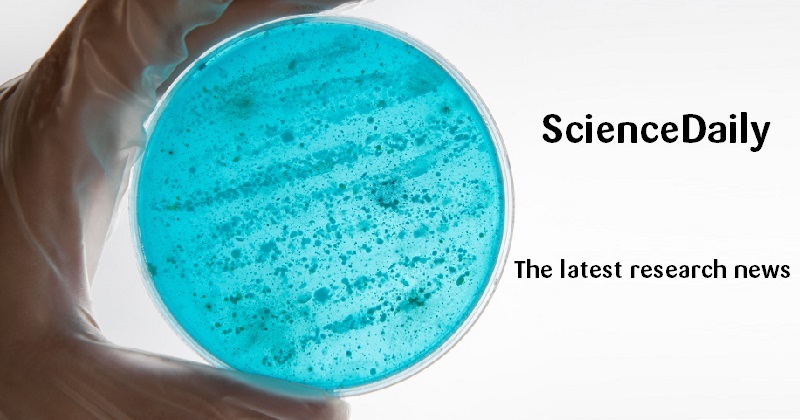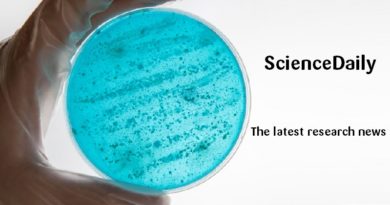Nutrition
- Scientists discovered that more muscle and less hidden abdominal fat are linked to a younger biological brain age. Deep visceral fat appeared to accelerate brain aging, while muscle mass offered a protective effect.
- Scientists found that high-flavanol foods can prevent the decline in blood vessel function that occurs after prolonged sitting. Even physically fit men weren’t protected unless they had consumed flavanols beforehand. A cocoa drink rich in these compounds kept arteries functioning normally. Everyday foods like berries, apples, tea, and certain cocoa products could offer a simple […]
- Participants lost more weight on a low-fat vegan diet than on the Mediterranean diet, largely due to eliminating animal foods and reducing oils and nuts. Increased intake of plant foods, even “unhealthy” ones, was strongly associated with greater weight loss.
- A massive long-term study shows that Mediterranean and plant-based diets can help prevent chronic constipation in aging adults. Surprisingly, the benefits weren’t explained by fiber alone. Western and inflammatory diets raised constipation risk, while low-carb diets showed minimal impact. The research underscores how diet quality influences gut health well beyond traditional advice.
- Ultra-processed foods are rapidly becoming a global dietary staple, and new research links them to worsening health outcomes around the world. Scientists say only bold, coordinated policy action can counter corporate influence and shift food systems toward healthier options.
- Researchers have uncovered a surprising new role for the HSL protein: beyond breaking down fat, it also works inside the nucleus of fat cells to keep them functioning properly. When HSL is missing, fat tissue doesn’t expand as expected— instead, it shrinks, leading to lipodystrophy. This unexpected discovery helps explain why both obesity and fat-loss […]
- Microplastics—tiny particles now found in food, water, air, and even human tissues—may directly accelerate artery-clogging disease, and new research shows the danger may be far greater for males. In mice, environmentally realistic doses of microplastics dramatically worsened plaque buildup, altered key vascular cells, and activated harmful genes linked to inflammation and atherosclerosis, all without changes […]
- Scientists are uncovering how GLP-1 drugs like Ozempic and Wegovy act on brain regions that control hunger, nausea, pleasure-based eating, and thirst. These discoveries may help create treatments that keep the benefits of weight loss while reducing unwanted side effects.
- Scientists discovered that alcohol activates a sugar-producing pathway in the body, creating fructose that may reinforce addictive drinking. The enzyme responsible, KHK, appears to drive both alcohol cravings and liver injury. When this enzyme was blocked in mice, their drinking decreased and their livers showed far less damage.
- Ultra-processed foods, already known for their links to health problems in adults, are now shown to harm young adults too, disrupting blood sugar regulation long before illness appears. A four-year USC study following 85 participants found that even modest increases in UPF consumption drove up the risk of prediabetes and insulin resistance, two early markers […]



